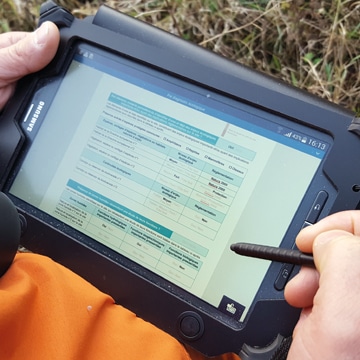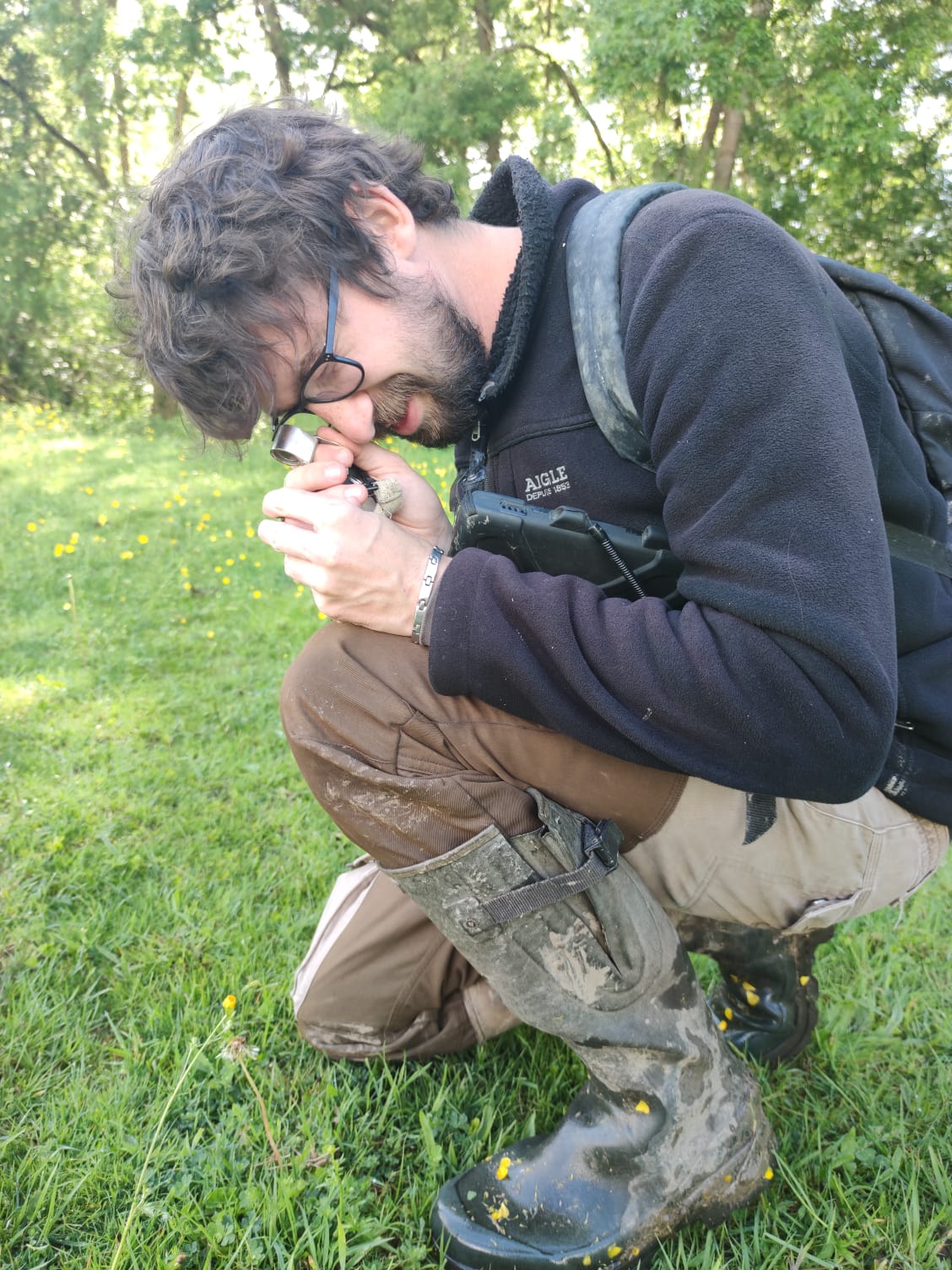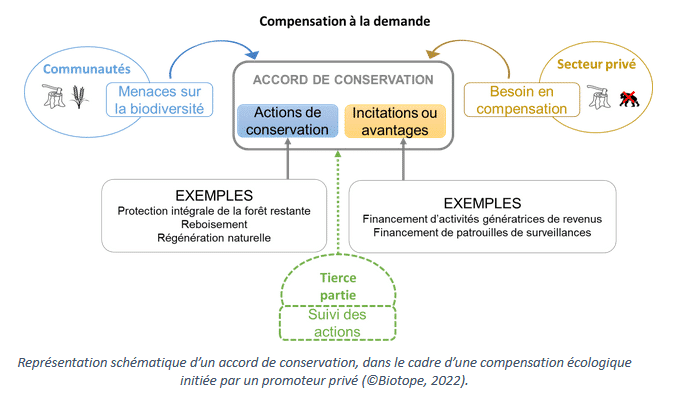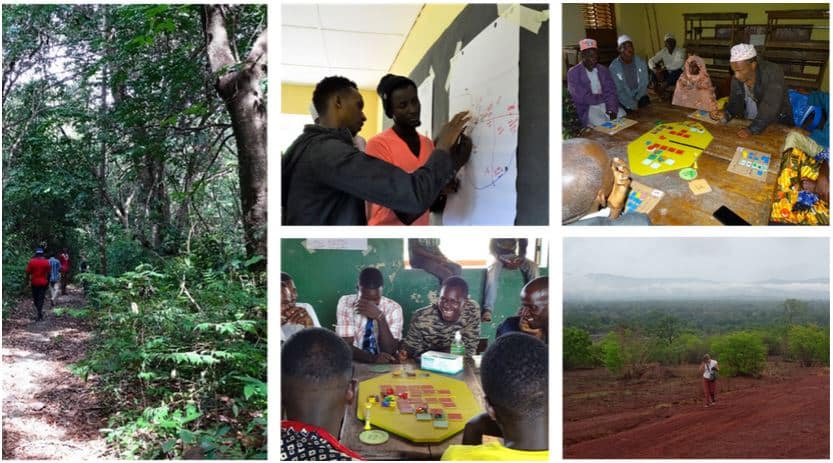Biotope, biodiversity and ecosystem specialists
The need to protect the environment is becoming urgent and requires concrete and efficient solutions. That’s what we’re all about. Biotope brings together the largest team of ecologists at the European level. Our services are designed for businesses, communities, government services and NGOs.
We provide consulting, regulatory studies, training and communication. Because environmental issues have no borders, Biotope conducts and supports projects and actions on all six continents and all five oceans.
Études environnementales
Elles regroupent les missions de diagnostics faune, flore, paysage, en vue d’obtenir une autorisation environnementale afin de réaliser un aménagement.
Ces études permettent de définir des mesures d’évitement et/ou de réduction des pertes de biodiversité. Elles mettent en œuvre si besoin des actions de compensation environnementale en faveur des espèces ou des milieux/habitats protégés.
Enfin, elles conduisent à des opérations de restauration des écosystèmes et de leurs fonctionnalités écologiques. Elles font appel à un large panel de compétences scientifiques.
Conseils en biodiversité
La prise en compte de l’environnement dans les activités humaines est devenue une grande priorité pour les organisations. Pour toutes les entreprises ayant conscience de leurs dépendances à la biodiversité, nous proposons des offres de conseil telles que la mise en place de stratégies biodiversité en lien étroit avec la RSE, de labels, de normes, de solutions fondées sur la nature et/ou de stratégie de paiements pour services environnementaux.
Les premières estimations quantitatives des dépendances du système financier français à différents services écosystémiques, et de ses impacts sur la biodiversité ont été publiés. 42 % du montant des actions et obligations détenues par des institutions financières françaises est émis par des entreprises qui sont fortement ou très fortement dépendantes d’au moins un service écosystémique.
https://publications.banque-france.fr/un-printemps-silencieux-pour-le-systeme-financier-vers-une-estimation-des-risques-financiers-lies-la
Formation environnementale
Pour accompagner la transition écologique, chacun perçoit l’importance de la montée en compétences des équipes. Or, le constat est le suivant concernant les sciences du vivant : d’une part la formation initiale comme la formation professionnelle ne sont pas mobilisées sur ces sujets et d’autres part, les outils et les connaissances évoluent très vite.
C’est pourquoi, Biotope dispense des formations à la fois sur les principaux concepts indispensables à la compréhension du fonctionnement des écosystèmes et sur les principaux outils à notre disposition pour réaliser cette transition écologiques : outils réglementaires, statistiques appliquées, moléculaires, géomatiques, taxonomiques etc… . Mais, c’est bien sûr, sur le terrain, que nos stagiaires progressent le plus rapidement !
Communication environnementale
News
Some actions in progress in the world :
Zoom on

Archipel was born of a partnership between Biotope and Safer of Ile-de-France, a historic property agency with exclusive knowledge and land control tools. This structure allows a wide range of actors to become owner and/or manager of environmental mitigation properties: the project owner itself, manager of natural spaces, farmer or individual (physical or legal person).
The law requires public or private project owners to contribute to the inventory by entering or submitting " raw biodiversity data" acquired during screening assessments or impact monitoring conducted for the preparation of planning documents, as well as for development projects subject to authorisation.


We provide a team of 15 environmental or QHSE (Quality, Health, Safety, Environment) engineers at all of our branches.
Their mission is to facilitate discussions and act as an interface between your project and our partners assemblers of regulatory studies for development or urban planning projects. They perform environmental assessments for plans and programs, local urban planning and intra-community local urban planning and comprehensive zoning and development plans.



